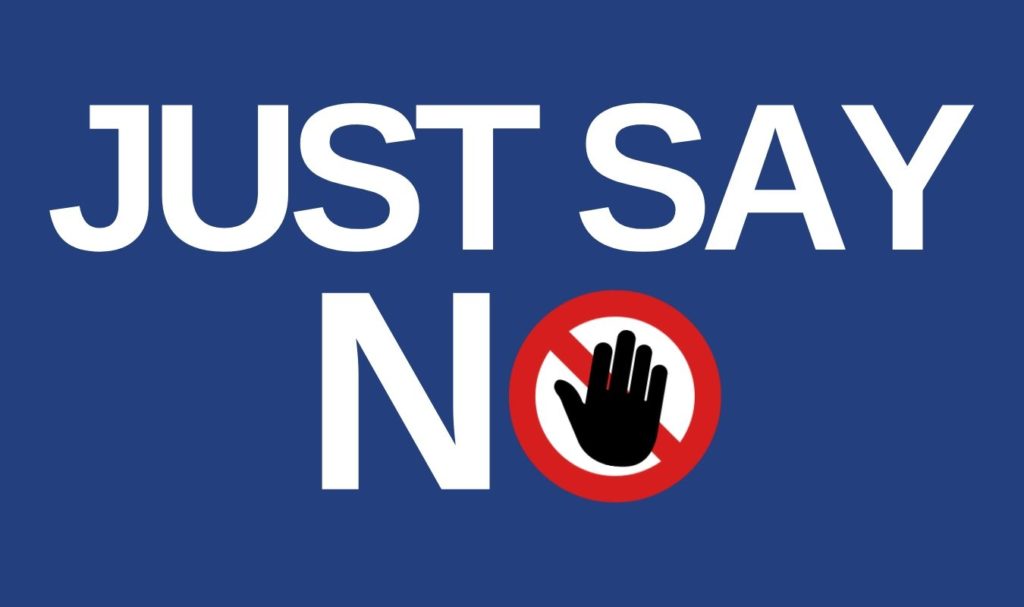
Sound a little harsh?
Good. I have your attention.
If you work with a notario, you’re likely ready to pounce on every word I write.
Perhaps reading my title, your ears perked up like a poodle sensing potential danger nearby.
Allow me to explain.
Two preliminary points:
First, I recommend you finish reading the entire article before you work yourself into an emotional frenzy.
Second, my words of caution in this post apply equally to immigration consultants and paralegals.
A Common Sources Of Notario Errors:
Handling I-601 Hardship Waivers
I’ll be honest.
I know some good, well-meaning, and competent notarios.
Therein lies the rub.
Good notarios know when they are over their heads.
They know better than to dabble with an immigrant’s case that is not cut and dried. They know better than to handle cases beyond their abilities.
Yet, based on my experience handling family immigration green card cases, these notarios are outnumbered by the bad apples.
For instance, incompetant, unqualified notarios who take immigrants’ hard-earned dollars for deficient services.
As an Immigration appeals attorney, I’m often called in to clean up someone else’s mess.
I see many cases – far, far, far too many cases – handled by notarios which they made worse and should never have handled in the first place.
Take Richard.
A few weeks ago, he contacted my San Bernardino immigration office. .
He wanted to ask if I could help him respond to a Request For Evidence (RFE).
I asked what type of case he was calling about. He said USCIS wanted more evidence for his wife’s I-601 waiver.
I asked him if he had prepared the waiver on his own or with help.
“With help.”
I followed up. “What type of help?”
“A notario.”
“Do you have copies of the paperwork sent to the government?”
“No.”
I asked if he knew how many pages were in the package.
He estimated that it was about 20-30 pages. He based his estimate on the paperwork attached to the forms he signed.
I continued.
“Did you write a declaration, a statement, to go along with the waiver?”
“Yes.”
“How long was it?”
“A couple of pages.”
“Did you write it on your own? Or did the notario help you write it?”
“I wrote it.”
“Do you have a copy of that document?”
“No.”
“Do you know why you need a waiver?”
“Yes. So my wife can get her green card.”
“Were you told anything about the evidence you need to prove hardship for the I-601 waiver?”
“No. What’s that? They said I had a wife, a good marriage, and three kids born here, so I had a good case.”
“Anything else?”
“That’s all.”
“Why can’t the notario’s office help you?”
“They said it was too complicated. They said to get a lawyer.”
“Did you ask them why they failed to tell you that at the beginning?”
“No.”
“And they didn’t give you the file?”
“No.”
“When is your response due?”
“In four weeks.”
“Can you get a copy of your paperwork for me?”
“I can go to their office tomorrow and ask.”
Sadly, this scenario is not uncommon.
And in some cases, this level of incompetent assistance is reflective of an immmigration fraud being committed.
Why Caution And Prudence
Are Immigration Virtues
According to recent State Bar statistics, the number of complaints against notarios has more than doubled from last year.
Again, I want to emphasize that I am not talking about good notarios.
Of course, it it difficult to know who you can trust.
(The same is true of lawyers.)
Yet, notarios, the bad notarios, often get a uncritically free pass from immigrants.
Why?
There are various factors at play.
Lack of sophistication and desire to cut costs for legal services are at the top of the list. A distrust of attorneys and bad advice from family members also influence such decisions.
In any event, you might still be wondering why I opened with a such harsh title.
Good question.
Because even the most simplistic-looking forms, such as an immigrant relative petition for a parent, carry ominous consequences without proper legal advice.

In many cases, there are issues that should be cleared up before filing any immigration paperwork.
If the person preparing forms for clients does not understand these rules – or worse, does not care if they might apply – it is likely the clients will be visiting me or some other lawyer a few months later.
Few notarios, immigration consultants, or paralegals have the level of knowledge to ascertain such potential problems in advance.
Many times, the absence of pre-filing caution is due to clients’ reluctance to pay a lawyer’s fees for an initial case consultation.
Thus, they seek a quick, hasty Black Friday type of fix – a fix which may lead them down a path worse than the problem.
Yes, some lawyers, too, take cases over their heads. But attorneys must answer to strict regulatory agencies and can incur severe reprecussions for such errors. Although not a perfect solution, this does provide clients with a modicum of protection,
(Editor’s note: here is a hotline to report notario fraud in California.)
Before closing, in the interests of fairness, I’ll modify my opening statement slightly.
Just Say No To Notarios If You Have Certain Types Of Immigration Cases.
To be sure, an I-601 family unity hardship waiver is one of those types of cases.
The path to green card success and winning permanent resident status for your close family members is at risk.
After all, you don’t want to jeopardize their future life in this country, right?
By Carlos Batara, Immigration Law, Policy, And Politics




